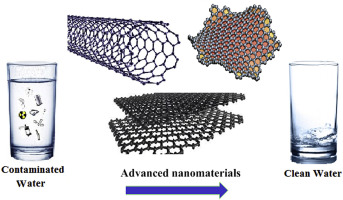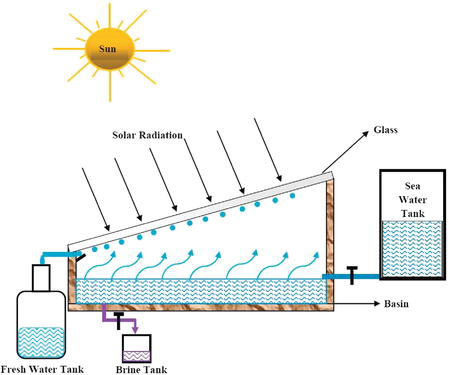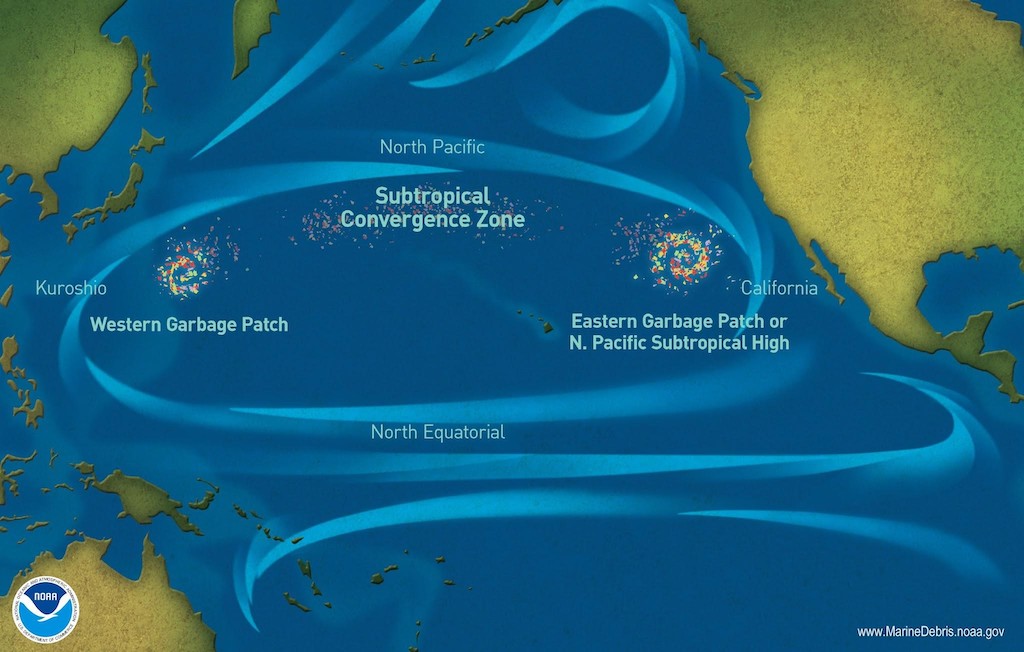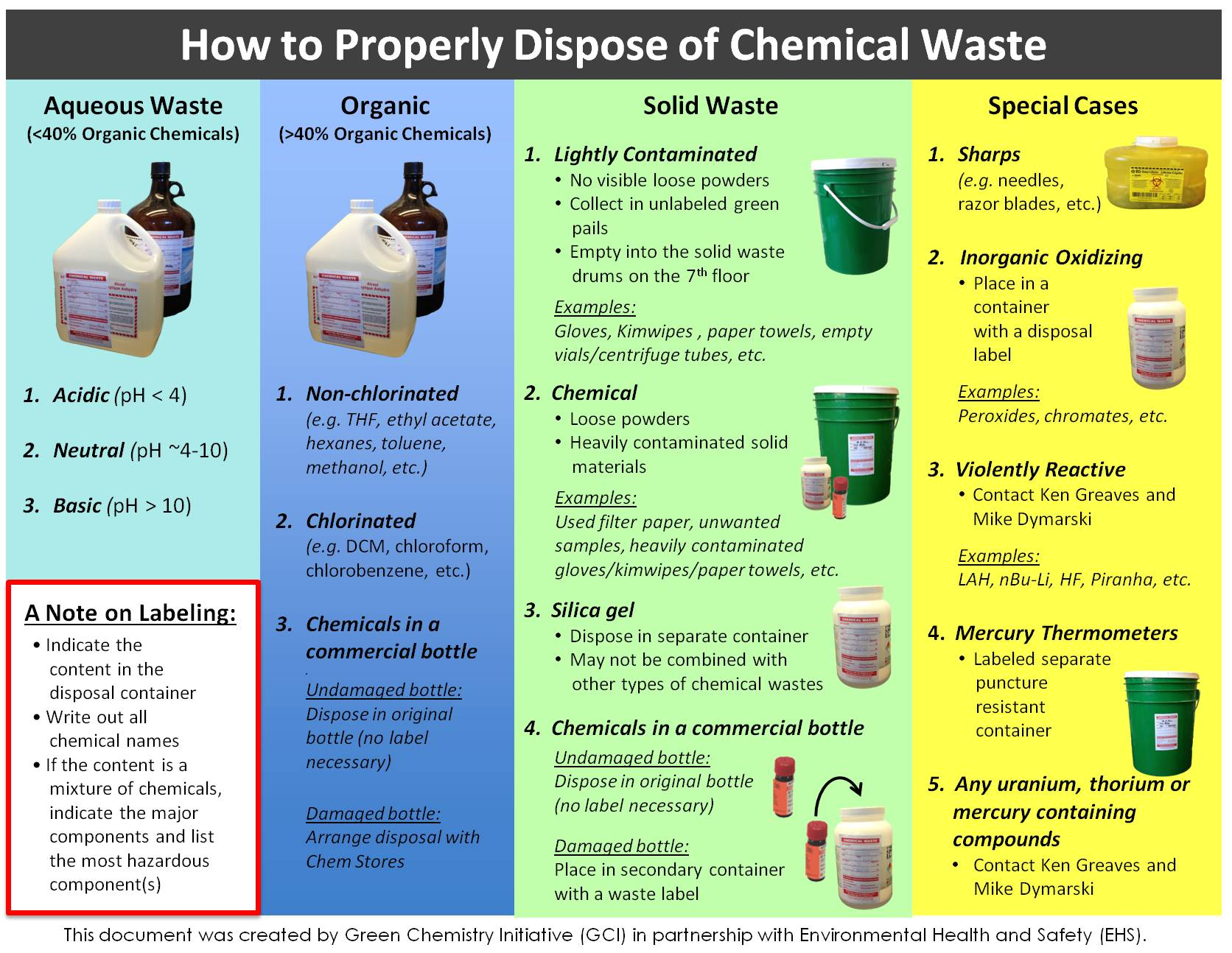Sustainable carbon-based nanoparticles for water treatment
Water and wastewater treatment, particularly industrial water, is crucial and necessary for safeguarding environmental and human health, and it is a serious public health concern. Pesticides, textile dyes, plasticizers, and disinfection by-products such as per- and poly-fluoroalkyl substances (PFASs) are some of the growing pollutants in wastewater discharge that have negative health impacts.





